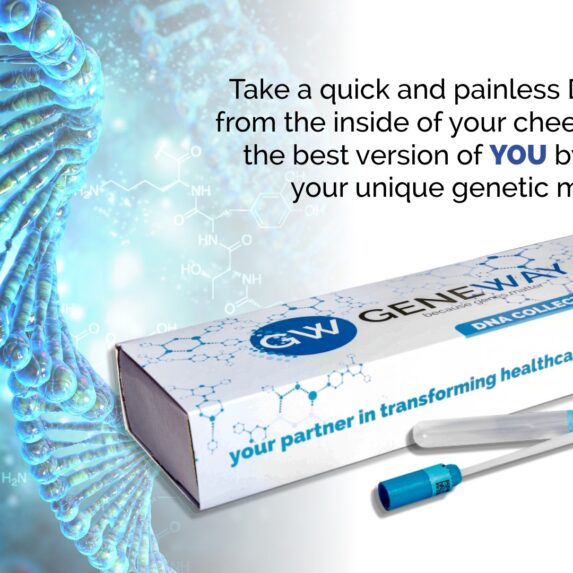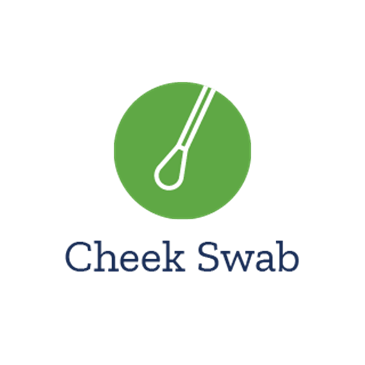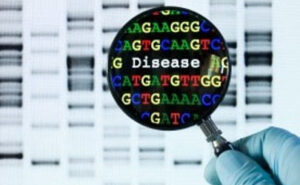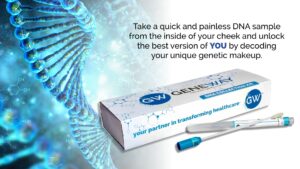ApoE Genetic Test for Alzheimer’s and Cardiac Risk Cheek Swab
R3,910.00
About this item
Alzheimer’s incidence is quickly rising to the point of being an epidemic. Over 38 different pathways and five major classifications associated with this degenerative disease has been discovered. Knowing your risk, you can manage it that you need not be another Alzheimer’s statistic.
ApoE Genetic Test for Alzheimer’s and Cardiac Risk Cheek Swab
 ApoE Genetic Test for Alzheimer’s and Cardiac Risk Cheek Swab
ApoE Genetic Test for Alzheimer’s and Cardiac Risk Cheek SwabHealth & Wellness, Cancer Risk & Hormone Replacement Therapy (HRT)
A number of other personal health risk genes are tested in the same panel of genes. Overall health and wellness predisposition to (e.g. type 2 diabetes, heart disease, cholesterol, hypertension, bone health, caffeine sensitivity, salt sensitivity, blood clotting, inflammation and mood disorders). In addition, the test provides general cancer risk based on your body’s detoxification ability and estrogen metabolism which is a vital component to well-being and how the body is operating at a cellular level or not.
Explore Your Traits: Know what makes you, you. Discover what makes you unique. See what your DNA might have to say about your weight management preference
Testing for other genetic variants involved in physiological processes that are linked to an increased risk for certain (lifestyle) diseases, include:
- Blood clotting
- Bone Health
- Caffeine Metabolism
- Cancer risk
- Cholesterol and lipid metabolism
- Circadian rhythms (sleep disorders)
- Dementia
- Detoxification
- Dietary carbohydrate sensitivity
- Dietary fat sensitivity
- Drug metabolism
- Exercise responsiveness
- Heart disease
- Homocysteine metabolism
- Hypertension
- Inflammation
- Insulin sensitivity and risk for diabetes
- Iron metabolism
- Lactose Intolerance
- Oxidative Stress
- Vitamin-B metabolism
- Salt Sensitivity
- Stress and Mood Disorders (eg Depression / Anxiety)
Possible Strategies to Reduce Health Risk
- What if you had the opportunity to practice lifestyle strategies that might minimise your chances of developing the disease, or might mitigate the disease process; would you want to know then?
- What if the evidence supporting those lifestyle strategies was often confusing and even contradictory – would you still want to know?
- Would getting a positive test cause you to do anything differently in terms of diet and lifestyle practices? Could you adopt those changes without knowing the results of the test?
- There is potentially no effective medication currently available to treat the various diseases in a sustainable and long term way.
Get tested. How it Works.
The process for having your DNA tested is as follows:
- Request a DNA Collection Kit. (Additional courier costs apply.)
- Contact us at info@petersmanjak.com if you would like us to discuss the best genetic test for achieving your objectives.
- Make an online payment.
- Take a quick and painless DNA sample from the inside of your cheek.
- Clear instructions are included in the DNA Collection Kit.
- Return the sample to our office or book a courier service by sending an email to orders@petersmanjak.com
- You will be notified via email when the sample arrives at the laboratory and when your results are ready.
- On receipt of the test result we interpret the report in our own risk model and discuss the results with you in person or online. Normally these reports are approximately 180 pages of feedback and for the average person the report may not make sense in order to implement a practical method and steps to enhance your own health and prevent future disease.
A normal feedback session by a practitioner is 60 minutes. However we have found that 60 minutes is too short a period to really understand the next step. So we have created a summarised schedule from your report that will guide you towards you first steps. The work required from our team to produce this schedule take an average 6 hours of analysis of your report. Our gift is the additional 4 hours of work as you are billed for only 2 hours. To have the report feedback provided make sure you purchase the DNA feedback session here.
Purchase a 90-minute feedback session HERE.
Featured Products
-
144 Executive Challenge Registration FeeR20,000.00
-
Product on saleCoaching Consultation with Peter ŠmanjakOriginal price was: R1,350.00.R950.00Current price is: R950.00.
-
Gene Combo Special OfferR4,545.00
-
GeneDiet DNA TestR3,220.00










